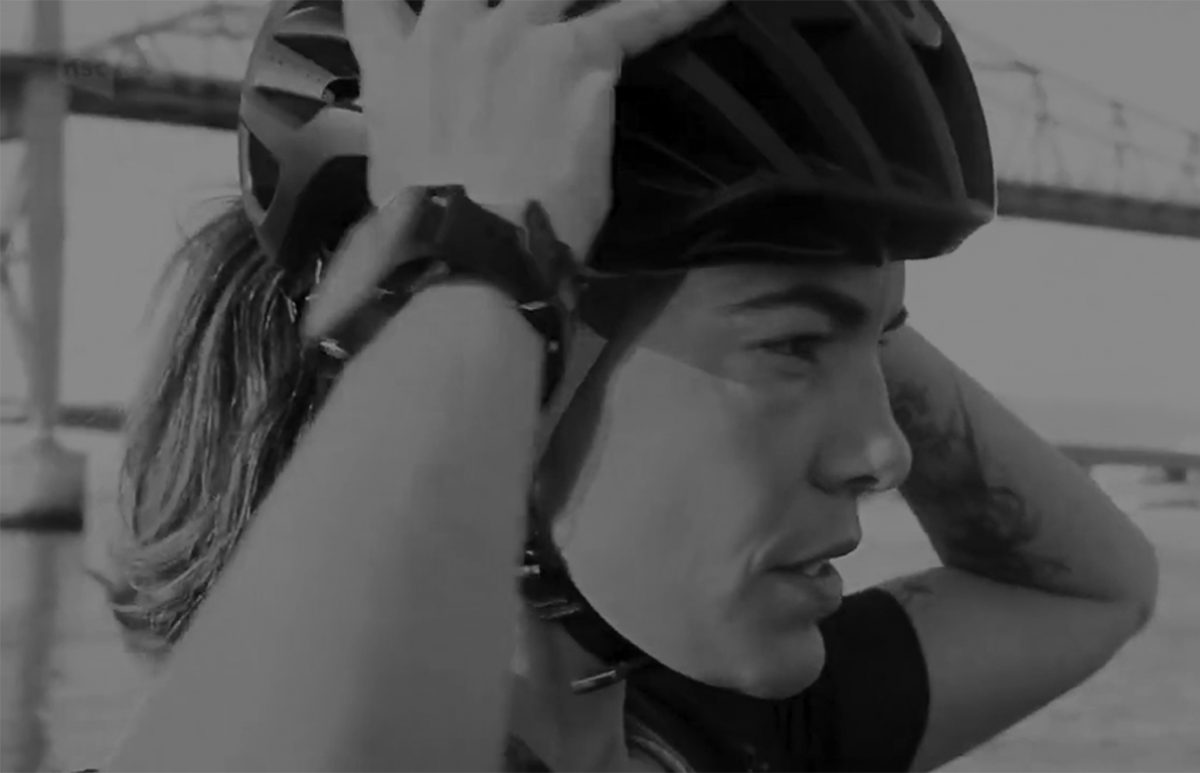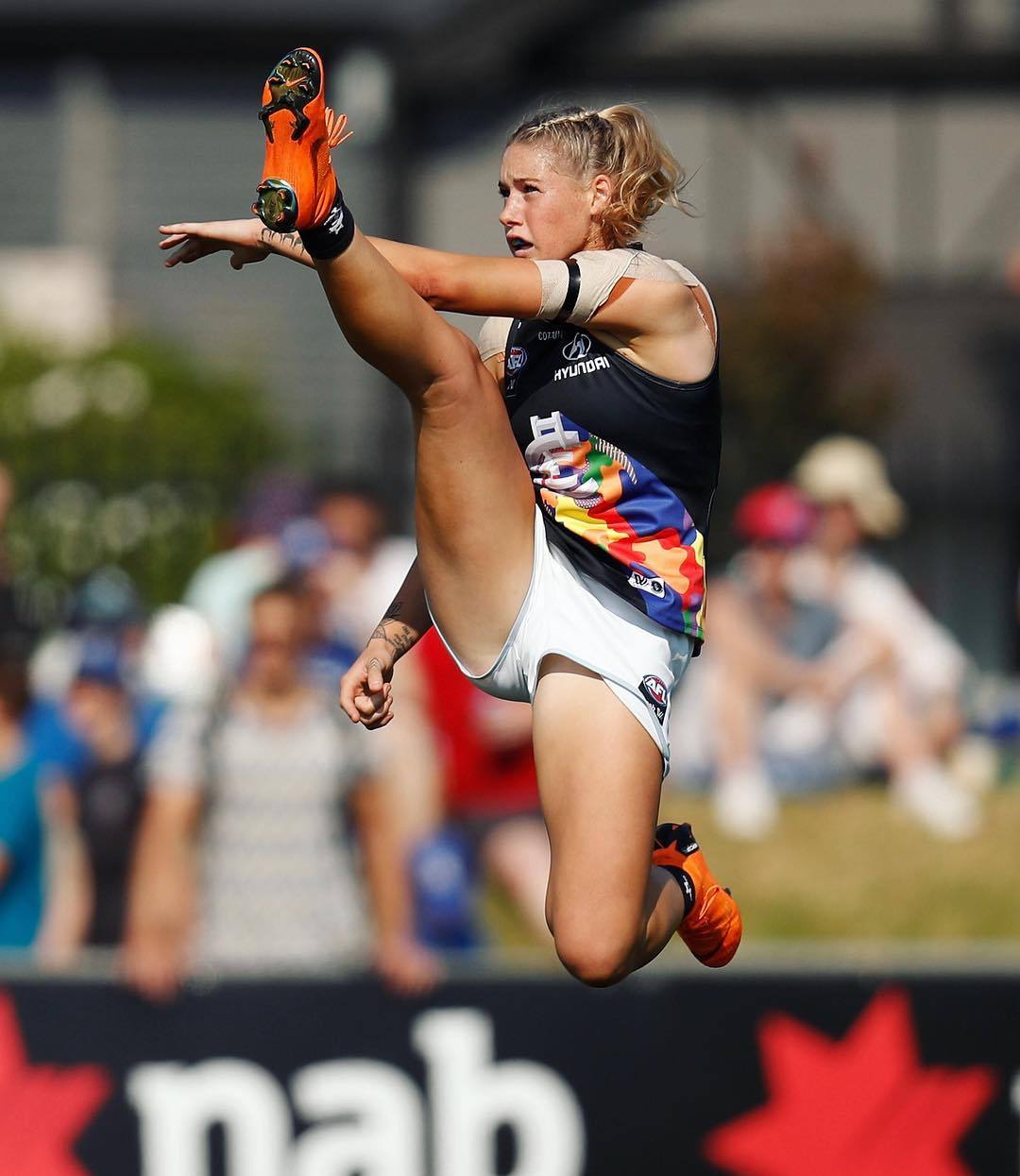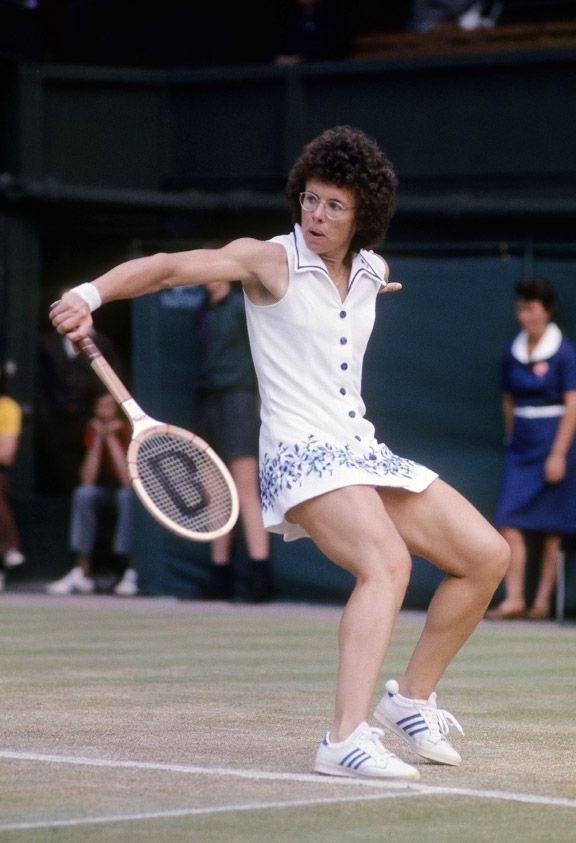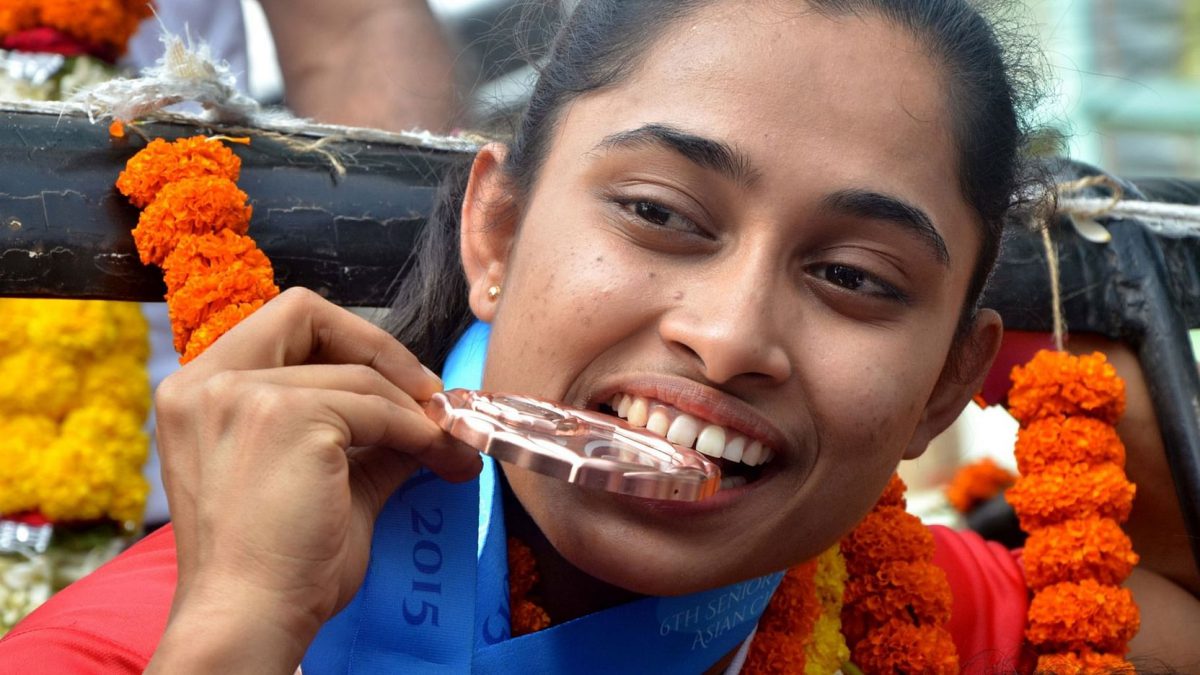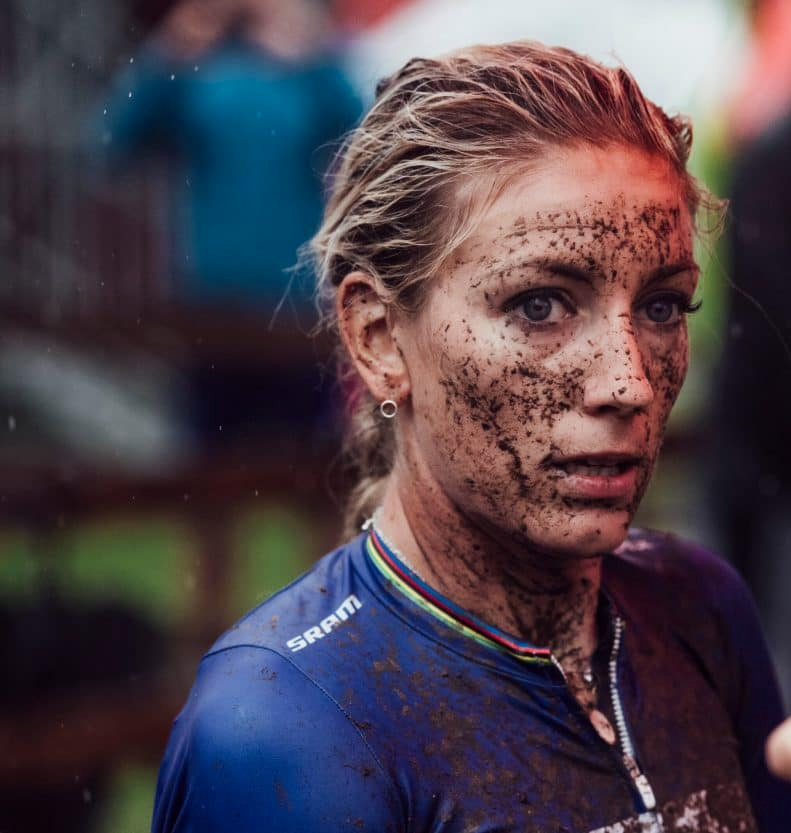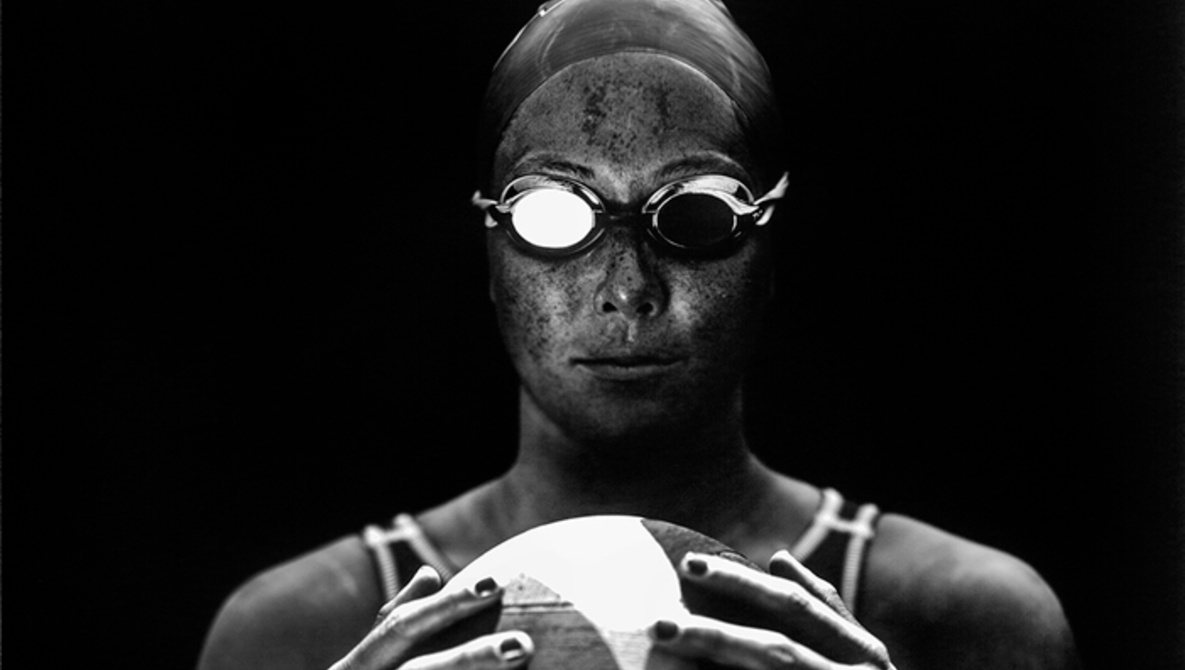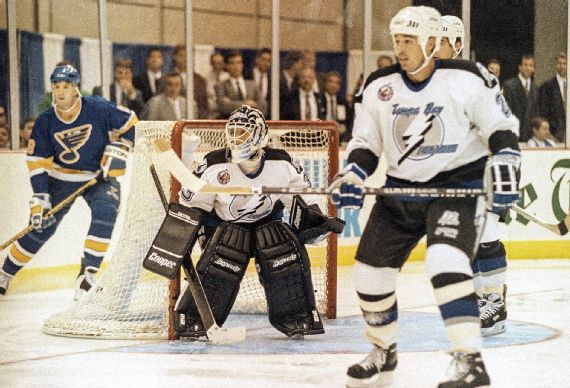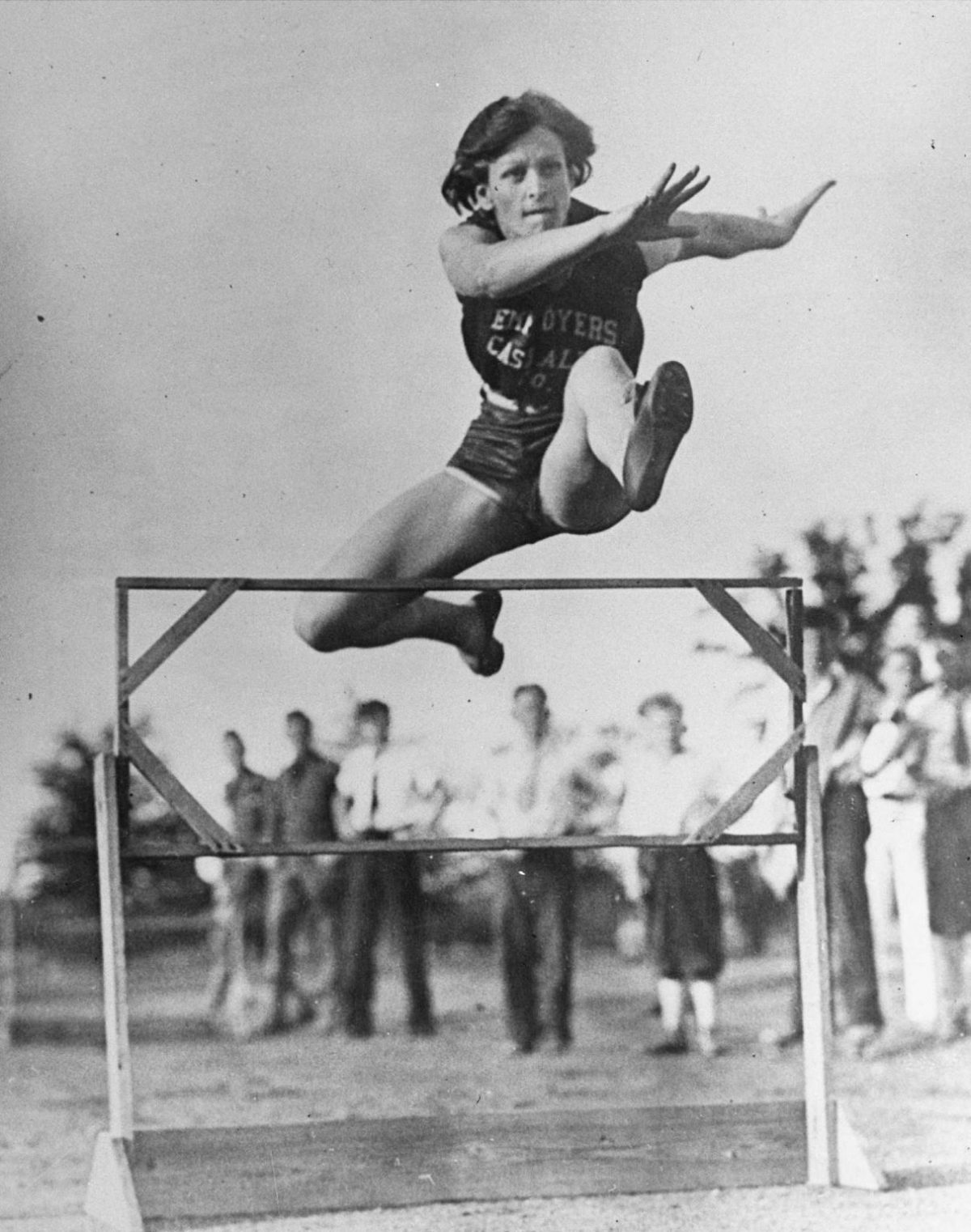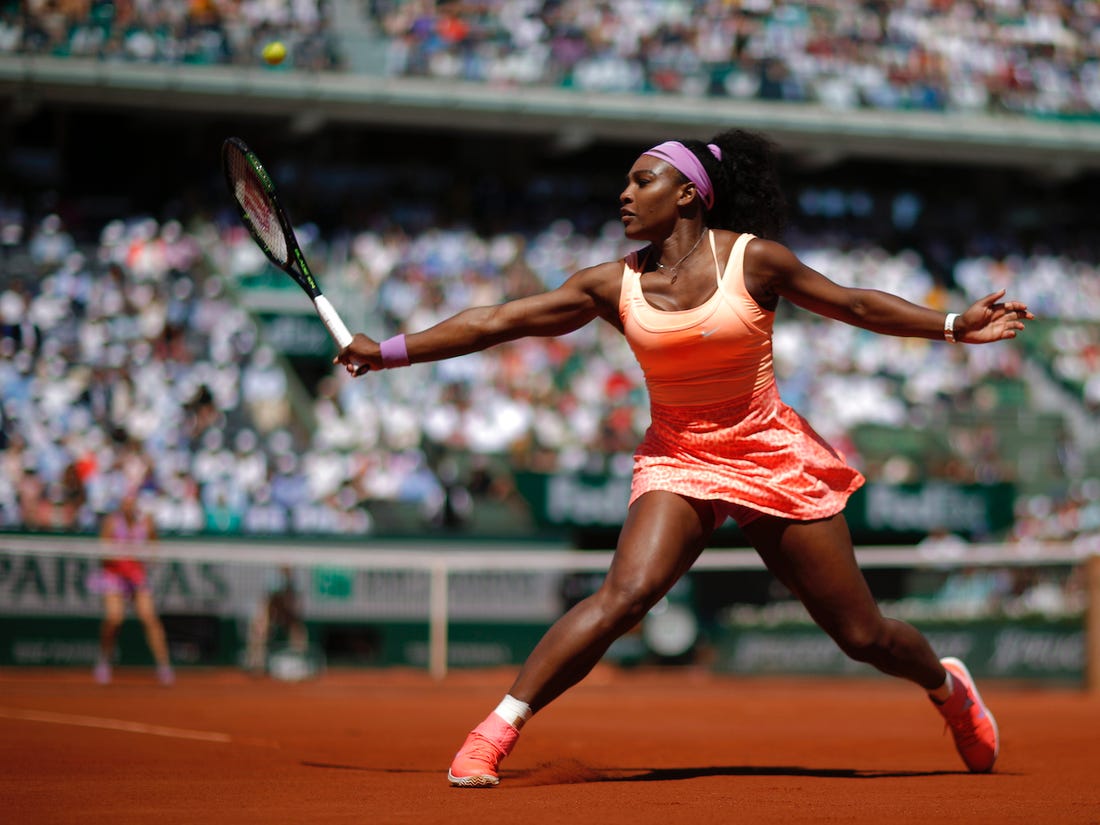At the 1:20-minute mark of the AFLW’s Pride Game between the Western Bulldogs and Carlton, the Blues’ star forward, Tayla Harris, booted the first goal of the game after taking a beautiful contested mark 40 metres out. Commentator Kelli Underwood was calling the play. “Tayla Harris with that very familiar approach, and that very familiar finish.”
What would follow was also, unfortunately, all too familiar. On Monday, Channel Seven’s AFL Facebook page posted a photo taken by Michael Willson of the player’s distinctive kicking action and captioned it “Photo of the year”. The comments came in thick and fast, as you would expect from a picture of that calibre. Yet the majority of them were not celebrating the moment, the athlete or the team that would go on to win that game and make the competition’s first ever finals series.
Fans on social media were quick to call out the vile commentary that was appearing, yet it took until Tuesday for any action to be taken when the post, including the comments and the photo itself, was removed. 7AFL posted its reasoning for doing so on Twitter at 6:28pm; three hours later “Tayla” was trending on Twitter.
While the messaging from the AFL’s official broadcast partner was somewhat admirable in that they acknowledged the harmful nature of the comments, their course of action to erase it, in effect, was even more damaging. Deleting the image, and Harris, from a digital discourse does not silence the haters and the trolls. It silences her. It silences the athletes. It silences everyone whose identity was vilified in those comments.
Advertisement
The tweets and posts that were directed at 7AFL were not calling for the photo’s removal. They were calling for moderation and reporting of the degrading, sexist, transphobic, homophobic and hateful messages that sat beneath it. Such calls for social media moderation have been made frequently by ALFW fans concerned for the health and welfare of not just the players who are the target of the abuse, but also those in the wider community. Such demeaning comments additionally cause serious harm and exclude people from what should be an inclusive and welcoming environment.
Fans sought to rectify this misguided approach to troll management on social media with a multitude of repostings of the photo on multiple platforms in support for Harris and to push for more social media monitoring.
This isn’t about these athletes not being able to handle criticism. It is not about the right to voice opinions about the game. These comments are not criticism. They are not about the game. They are misogynist, targeted attacks that strip the power from these athletes who put their bodies on the line to play the game they love. Their bodies are then reduced to abhorrent and unmoderated comments of people whose power is elevated when they cause change in this way.
The removal of these posts does not punish the perpetrators. It punishes the people that are the focus of them. By not moderating, blocking and reporting the people behind these keyboards, these athletes begin to learn they are not worth the fight. That message permeates through the corners of society, and the internet, and allows the trolls to continue, leaving the athletes to fight the battle.
Kirby Fenwick wrote after round two earlier this season, “the responsibility of responding to the ‘haters’ does not rest on the shoulders of the players. The only responsibility the players have is to continue to deliver the kind of tough and contested football that has so engaged fans of the AFLW.”
Here’s a pic of me at work... think about this before your derogatory comments, animals. pic.twitter.com/68aBVVbTTj
— Tayla Harris (@tayla_harris7) March 19, 2019
Harris reposted the photo on Tuesday night in a retaliatory tweet but she should have never been put in that position in the first place. Additionally, that responsibility should not rest on the shoulders of the fans, no matter how exceptionally they rallied in this case, to rectify the message that Harris’s image needs to remain visible. We need the league, the player association and the broadcasters to rally and ensure they are not just adequately prepared to monitor their social media, but understand the gravity of pressing “delete” when it comes to how women are represented in sport.
Late on Tuesday night, 7AFL relented to the force of a mobilised fanbase and apologised. They reposted the photo promising they would “work harder to ban trolls from our pages”. If this is the outcome of this debacle then let’s hope this is the last time we see women erased in sport.
This article was amended at 8pm AEDT on 20 March. It had previously stated a post on the AFL’s Facebook page celebrating the career of Collingwood’s Cecilia McIntosh was deleted. It was not deleted.
